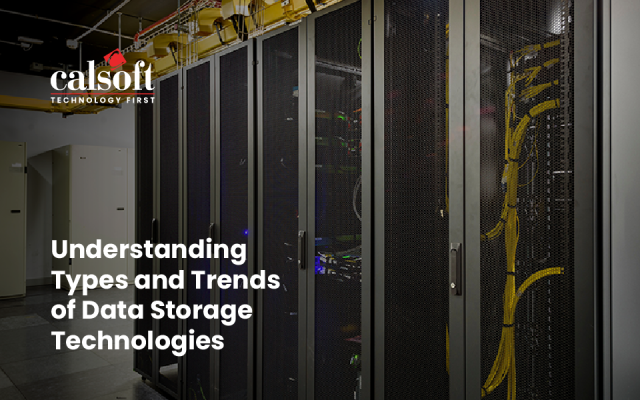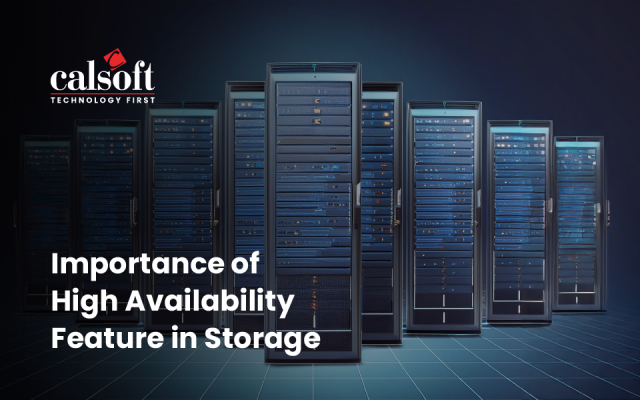Containers are tools that run multiple applications on a single host. Docker is one such open source tool which runs on Linux. Docker technology is very similar to Virtualization, except the fact that containers are more efficient and cost effective while virtualizing the operating system because they run multiple workloads on a single host. Docker has two essential components termed as Docker Engine and Docker Hub; Docker engine is an essential software platform which allows customers to use and create containers, whereas Docker Hub is a SaaS-based solution which let users creates and share Docker services. Docker has become the revolutionary discovery of the IT industry and because it is cost effective, many enterprises are implementing it in their daily services or product development.
The advantage of using Docker is that it works on every platform which is available in the market and it can be easily migrated from the desktop to a cloud server and vice-versa. Also, the usage of container lets you manage disaster recovery and backup issues smoothly and swiftly. Docker is also referred as the silver bullet as it allows the administrator to resolve various everyday issues efficiently. Technically Docker is a suitable replacement for particular tools like hypervisors and configuration management.






